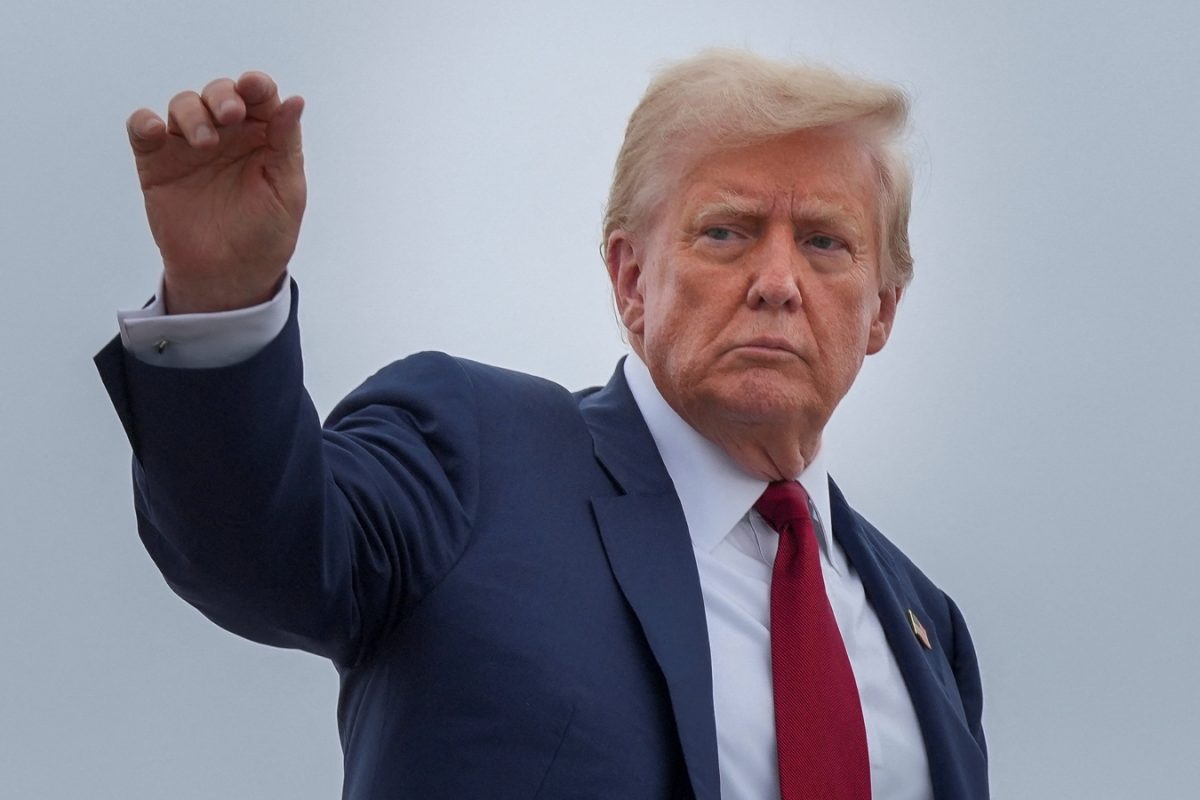

Former U.S. President Donald Trump has announced plans to raise tariffs on India, citing the country's continued purchase and resale of Russian oil. Trump claims India is profiting from buying discounted Russian oil and then selling it on the open market. He argues that India's actions disregard the impact of the Russia-Ukraine war.
In a post on Truth Social, Trump stated that India is "not only buying massive amounts of Russian Oil, they are then, for much of the Oil purchased, selling it on the Open Market for big profits". He added, "They don't care how many people in Ukraine are being killed by the Russian War Machine. Because of this, I will be substantially raising the Tariff...".
The tariff increase comes as India has significantly increased its reliance on Russian oil following sanctions imposed on Russia in December 2022. These sanctions included a G7-EU-Australia price cap of $60 per barrel, leading Russia to seek alternative buyers like India and China. At the peak of the discount, Russian crude was sold at nearly $40 below Brent prices. While the discount has narrowed over time, India has still benefited financially from these purchases.
Data indicates that India saved approximately $13 billion on oil imports over two financial years. India's crude oil import bill from Russia rose from under $2.5 billion in FY 2021-22 to over $31 billion in FY 2022-23. As a result, Russia has become a major oil supplier to India, with Russian oil now comprising 35-40% of India's total crude imports.
India's Minister of Petroleum and Natural Gas, Hardeep Singh Puri, has defended India's purchases of Russian oil, arguing that they have prevented a global price surge. According to Puri, if India had not bought Russian oil, prices would have gone "through the roof".
Despite these justifications, India's position has faced scrutiny from the U.S. government. Some officials have expressed that India buying oil from Russia is an "irritant" for the U.S.. Trump's announcement of increased tariffs and potential penalties underscores the U.S.'s growing discontent with India's energy strategy.
Analysts suggest that if India is forced to reduce its reliance on Russian crude due to potential U.S. tariffs or penalties, the nation's yearly oil import expenses could increase significantly. One analyst estimated that India's yearly oil import expenses could increase by $9-11 billion. Furthermore, the EU's ban on Russian-origin refined product imports, effective January 2026, may require Indian refiners to modify their crude intake patterns. The U.S. tariff threat also suggests possible secondary sanctions affecting shipping, insurance, and financing aspects of India's Russian oil trade.